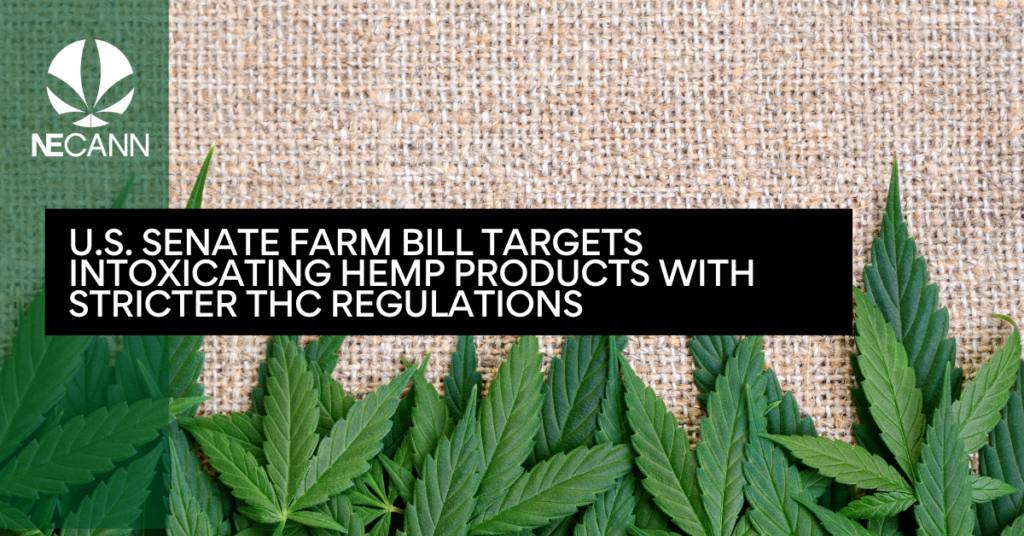The U.S. Senate is proposing significant changes to how intoxicating hemp-derived products, such as delta-8 THC and THCA, are regulated. Led by Senator Debbie Stabenow, the legislation aims to redefine hemp by capping total THC at 0.3%, encompassing all psychoactive THC variants. This bipartisan effort seeks to address regulatory gaps left by the 2018 Farm Bill, which legalized hemp with a delta-9 THC concentration of 0.3% or less but inadvertently created opportunities for other intoxicating cannabinoids to flood the market.
These products—ranging from gummies and beverages to “THCA flower”—have sparked controversy due to their widespread availability and lack of federal oversight. The proposed changes reflect growing momentum in Congress to clarify hemp’s legal definition, prevent market confusion, and address safety concerns for consumers.
For years, the lack of federal regulation on intoxicating hemp products has led to a patchwork of state measures aimed at controlling their sale. States like California have enacted sweeping bans on hemp-derived THC products, while others have introduced stricter regulations to limit online and retail sales, especially to minors. These efforts are also designed to protect state-licensed cannabis businesses from unfair competition in a rapidly evolving market.
The Senate’s approach in the Farm Bill stops short of prohibition, focusing instead on tighter definitions and regulatory clarity. By contrast, the House’s earlier version of the Farm Bill proposed an outright ban on all hemp-derived THC through an amendment introduced by Representative Mary Miller. This divergence suggests that lawmakers are grappling with how to balance regulation with the needs of the hemp industry and consumers.
Despite its more nuanced stance, the Senate draft has yet to address a critical loophole in how THC content is measured. The current proposal applies the 0.3% THC cap to finished products, which could still allow for high levels of THC in certain items due to their weight and density. For instance, a 16oz (500-gram) beverage could legally contain up to 1500mg of THC under this definition, far exceeding the 10mg per serving cap commonly enforced in state cannabis markets for infused products.
Industry experts, including Project CBD, have suggested applying the THC cap to hemp biomass rather than finished goods. Another solution would involve setting THC limits on a per-serving or per-container basis for consumable hemp products, ensuring greater consistency with state-level cannabis regulations. These recommendations, while not yet part of the draft, could play a vital role in closing the loopholes.
The proposed changes signal a shift toward stricter oversight of hemp-derived cannabinoids, with significant implications for the industry. Producers and retailers of intoxicating hemp products may need to reformulate or redesign their offerings to comply with future regulations. However, it remains to be seen whether these rules will effectively curb the proliferation of unregulated products.
The Farm Bill is unlikely to pass before the new Congress begins in January, but the alignment between the Senate and House versions indicates that the hemp-derived cannabinoid market will face tighter controls in 2025. This shift marks the beginning of what could be a more regulated era for the industry, potentially bringing it in line with the broader cannabis market.
As lawmakers work to finalize the Farm Bill, hemp businesses should prepare for upcoming changes by closely monitoring developments and exploring compliance strategies. Consumers, too, should be aware of potential shifts in product availability and safety standards.
The evolving regulatory landscape underscores the need for industry stakeholders to adapt. Whether the new rules will effectively address the complexities of the hemp market remains a question, but the momentum for change is undeniable.
Stay informed with the latest cannabis business news by subscribing today.



